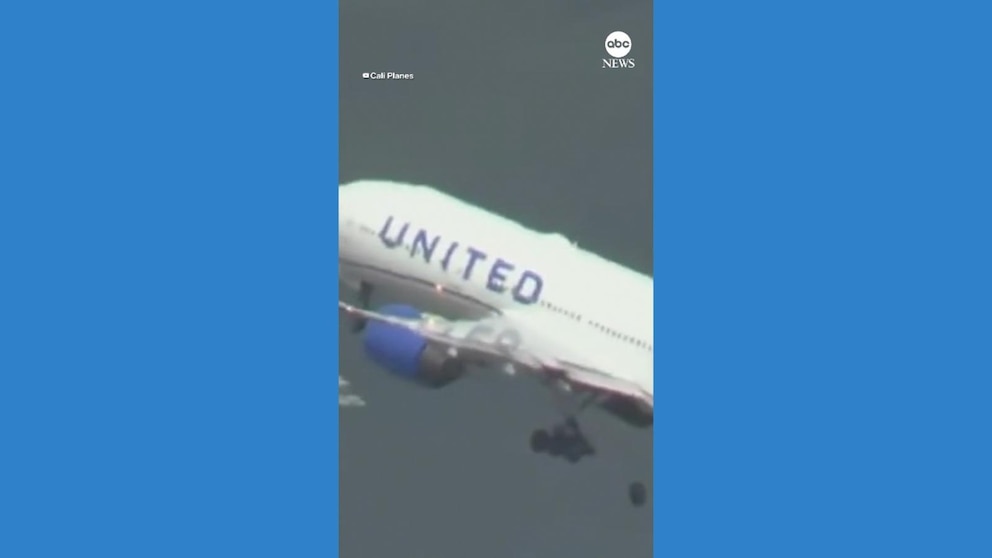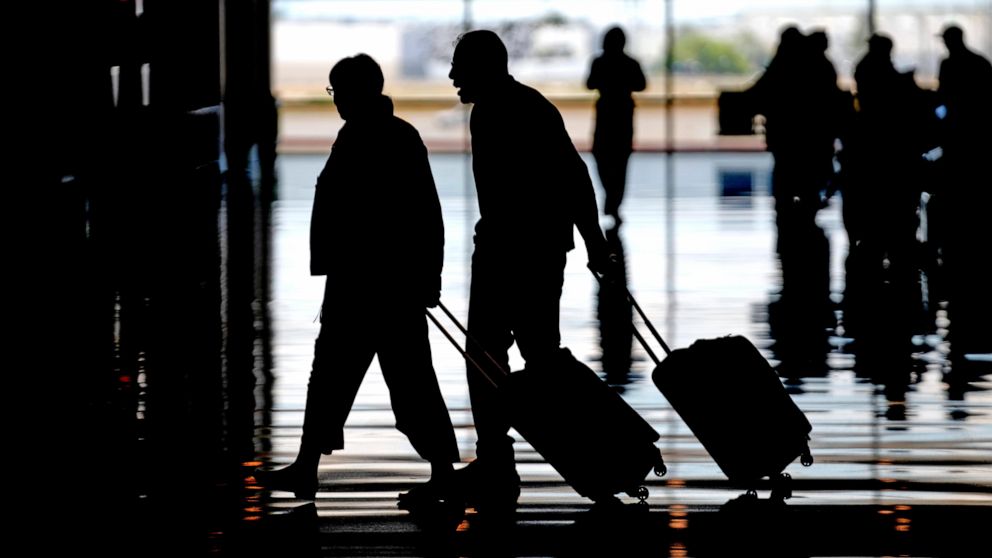American Airlines Files Lawsuit Against Travel Site to Address Cost-Saving Technique Used by Consumers
In a move that has sent shockwaves through the travel industry, American Airlines recently filed a lawsuit against a popular travel site, accusing it of exploiting a cost-saving technique frequently used by consumers. The airline claims that the site’s actions are not only detrimental to their business but also violate their terms of service. This lawsuit raises important questions about the evolving relationship between airlines and online travel agencies, as well as the rights of consumers to find the best deals.
The cost-saving technique at the center of this controversy is known as “hidden city ticketing” or “skiplagging.” It involves booking a flight with a layover in the desired destination, but intentionally skipping the connecting flight to take advantage of lower fares. For example, if someone wants to fly from New York to Los Angeles, they might find a cheaper ticket for a flight from New York to San Francisco with a layover in Los Angeles. They would then simply disembark in Los Angeles and not continue to San Francisco.
While this practice has been around for years, it has gained popularity recently due to the rise of online travel agencies that make it easier for consumers to find these hidden city tickets. These agencies often use complex algorithms to search for the best deals, including hidden city options. However, American Airlines argues that this technique violates their terms of service and harms their revenue.
The airline claims that hidden city ticketing disrupts their pricing structure and affects their ability to optimize revenue management. They argue that by intentionally skipping flights, consumers are not only taking advantage of lower fares but also depriving the airline of potential revenue from other passengers who could have booked those seats. American Airlines further argues that this practice undermines their ability to offer competitive pricing and maintain profitability.
The lawsuit also raises questions about the relationship between airlines and online travel agencies. While these agencies play a crucial role in helping consumers find the best deals, they also rely on partnerships with airlines to offer their services. American Airlines’ lawsuit suggests that the airline is concerned about the impact of hidden city ticketing on their relationship with these agencies and their ability to negotiate favorable terms.
On the other hand, consumer advocates argue that hidden city ticketing is a legitimate cost-saving technique that empowers consumers to find affordable travel options. They argue that airlines have long used complex pricing strategies, including dynamic pricing and hidden fees, to maximize their profits. Hidden city ticketing, they argue, is simply a way for consumers to level the playing field and find more affordable flights.
This lawsuit brings to light the ongoing tension between airlines, online travel agencies, and consumers. As technology continues to evolve, consumers are becoming more savvy in finding ways to save money on travel. Airlines, on the other hand, are seeking ways to protect their revenue and maintain profitability. Finding a balance between these competing interests will be crucial for the future of the travel industry.
In conclusion, American Airlines’ lawsuit against a travel site over hidden city ticketing highlights the ongoing debate surrounding cost-saving techniques used by consumers. While the airline argues that this practice harms their revenue and violates their terms of service, consumer advocates argue that it empowers consumers to find affordable travel options. This lawsuit raises important questions about the evolving relationship between airlines and online travel agencies, as well as the rights of consumers to find the best deals. As this legal battle unfolds, it will undoubtedly shape the future of the travel industry and how consumers navigate the complex world of airfare pricing.


